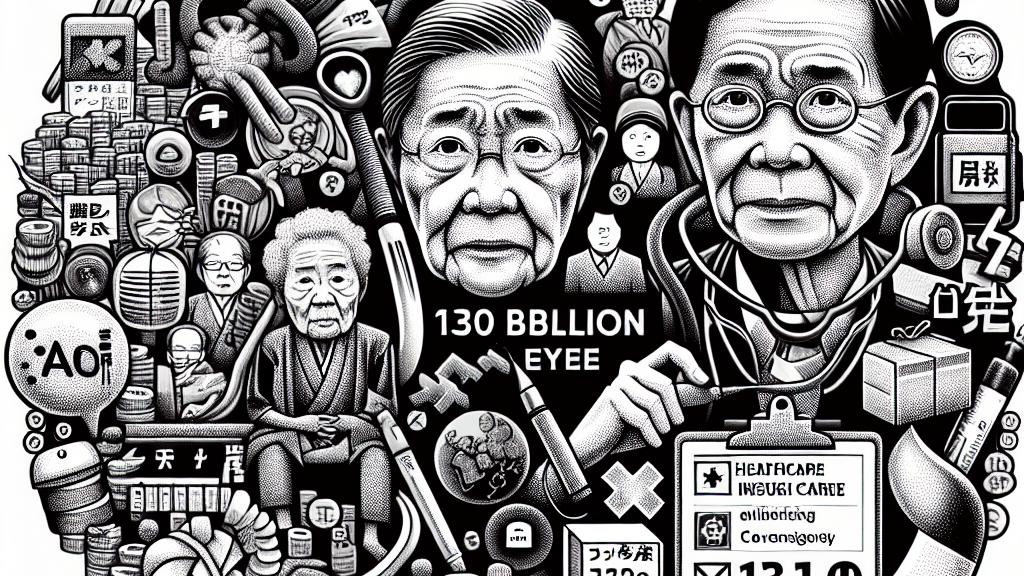Healthcare Insurance Union Records 130 Billion Yen Deficit
Overview
- Japan's healthcare insurance union has announced a staggering 130 billion yen deficit for 2023.
- This alarming shortfall is primarily fueled by the soaring costs of elderly medical care.
- Immediate and impactful reforms are essential to relieve the pressing financial burden on the healthcare system.

Understanding Japan's Significant Healthcare Deficit
In Japan, the recent report revealing a shocking 130 billion yen deficit within the healthcare insurance union for the fiscal year 2023 has sent ripples of concern throughout the nation. This figure stands as the largest deficit since 2012, illustrating a critical juncture in the country's healthcare landscape. Delving deeper, we find that the primary drivers behind this deficit are the escalating costs associated with elderly medical care, driven by an aging population that yearns for quality healthcare. It's worth noting that around 28 million individuals are members of these insurance schemes, meaning the consequences of this deficit are far-reaching, potentially affecting countless families, businesses, and even the broader economy.
The Multifaceted Challenges for Healthcare Insurance Unions
Healthcare insurance unions, which primarily consist of employees from large corporations, are grappling with unprecedented financial hurdles. As Japan's population ages at a rapid pace, the financial strain on these insurance unions becomes increasingly acute. For example, in areas densely populated with older citizens, unions are finding it necessary to allocate a larger percentage of their premiums to cover the skyrocketing costs of geriatric care. Consider that in several regions, the contributions required from the working-age population are rising dramatically, leading many to question the sustainability of the current system. To address this dire situation, discussions surrounding reforms that share costs more equitably have gained traction. Possibilities include tiered premium rates based on income, or incentivizing preventive health initiatives that reduce the future need for expensive medical interventions.
The Imperative for Robust Healthcare System Reform
Given these alarming statistics, the clarity of the need for substantial reforms within Japan's healthcare system could not be more pronounced. National healthcare expenditures have escalated to an astonishing 45 trillion yen, approximately 10% of Japan's GDP. This trend, many experts argue, is unsustainable and demands a multifaceted response. But merely increasing funding for an underperforming system will not suffice. Innovative solutions and strategic foresight are necessary, including the adoption of digital health technologies like telemedicine, which can enhance access to care while lowering costs. Moreover, proactive public health campaigns aimed at promoting healthier lifestyles could decrease the burden on insurance schemes in the long run. By committing to these transformative changes, Japan could pave the way for a resilient healthcare future, ensuring that essential services are readily available, especially for its elderly citizens who depend on it the most.

Loading...